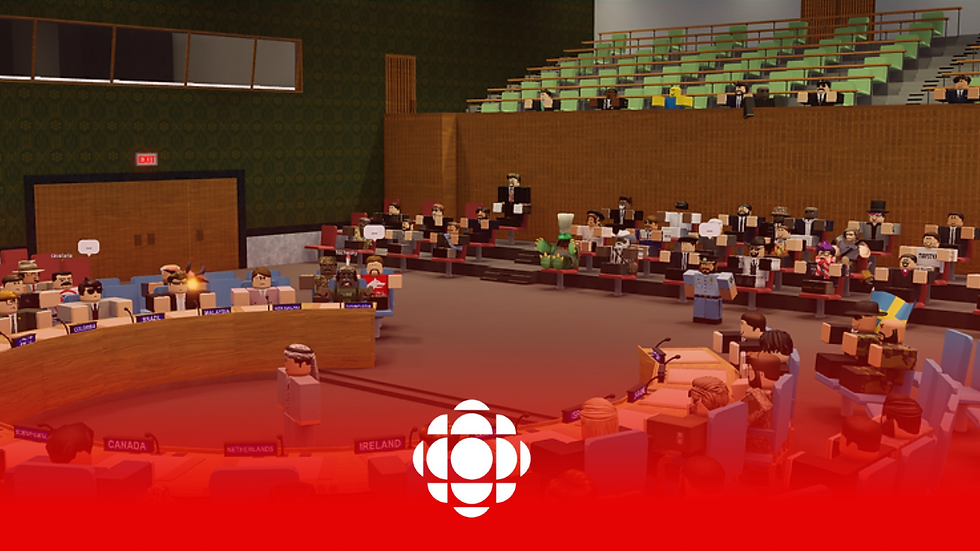Canada Urges Peaceful Resolution Amid Rising Indo-Pacific Tensions
- Carvedshell 325
- Jan 3
- 2 min read
As global concerns over escalating tensions in the Indo-Pacific region mount, Canada is calling for diplomatic solutions to prevent further conflict. Today, an emergency United Nations Security Council meeting was convened to address the crisis, with Canada and allied nations pushing for an agreement of non-aggression between the parties involved.
While the meeting highlighted the urgent need for de-escalation, no concrete resolution was reached. Proposals to suspend countries or impose punitive measures were dismissed by the council, citing fears that such actions would set a dangerous precedent when nations do not achieve their aims.

Following the UN Security Council meeting, Canada’s Minister of Foreign Affairs reiterated the country’s commitment to fostering peace through diplomacy. Earlier in the day, the minister met with South Korea’s ambassador to discuss the regional crisis and explore opportunities for dialogue.
“Canada is constantly looking to encourage peacemaking as a way to resolve international disputes,” the minister said in a statement. “Today I met with Korea to understand their side of the story and how they want to move forward with the situation. Global Affairs Canada is always open to working with nations to properly resolve conflicts and offers mediation services to the involved parties if needed. I am grateful that Korea seems open-minded to letting the conflict settle in a responsible manner, and I want to facilitate that possibility any way I can.” What’s the Hell is Happening in the Indo-Pacific?
The crisis stems from Myanmar’s continued political and military turmoil, which has strained its relationships with neighbouring countries. Since the military coup in 2021, Myanmar has faced growing international isolation and condemnation. However, its refusal to engage in meaningful dialogue or reform has created friction across the Indo-Pacific region.
South Korea and other nations have expressed frustration over Myanmar’s aggressive posturing and unwillingness to cooperate. These tensions have been further exacerbated by territorial disputes and broader geopolitical rivalries in the region, which threaten to destabilize economic and security partnerships.
UN Security Council Meeting Falls Short The emergency meeting at the UN aimed to broker an agreement among nations to prevent aggression and promote stability in the region. Canada, the UK, and other key players advocated for a collective commitment to de-escalation.
Despite these efforts, the meeting ended without a resolution. Discussions about suspending countries from international forums were dismissed, with representatives warning that such measures could create a precedent for punitive actions whenever a nation’s objectives are unmet.
One diplomat described the meeting as “a critical opportunity that failed to deliver immediate solutions but underscored the urgent need for ongoing dialogue.” While the immediate outcomes of the UN meeting were disappointing, Canada’s focus remains on encouraging dialogue and finding solutions to the crisis. The minister’s statement emphasized Canada’s willingness to continue working with international partners to address the root causes of the conflict.
“The challenges in the Indo-Pacific region cannot be solved overnight,” said a Forigen Ministry official. “But Canada is committed to working collaboratively to ensure peace, security, and stability for all nations involved.”
▬▬▬▬▬▬▬▬▬▬▬▬▬▬▬▬▬▬▬▬▬▬▬▬▬▬▬▬▬▬▬▬▬▬▬▬▬▬▬▬▬ PolyKeith | President of the Canadian Broadcasting Corporation
CBC News - Headquarters of the United Nations, New York.




Comments